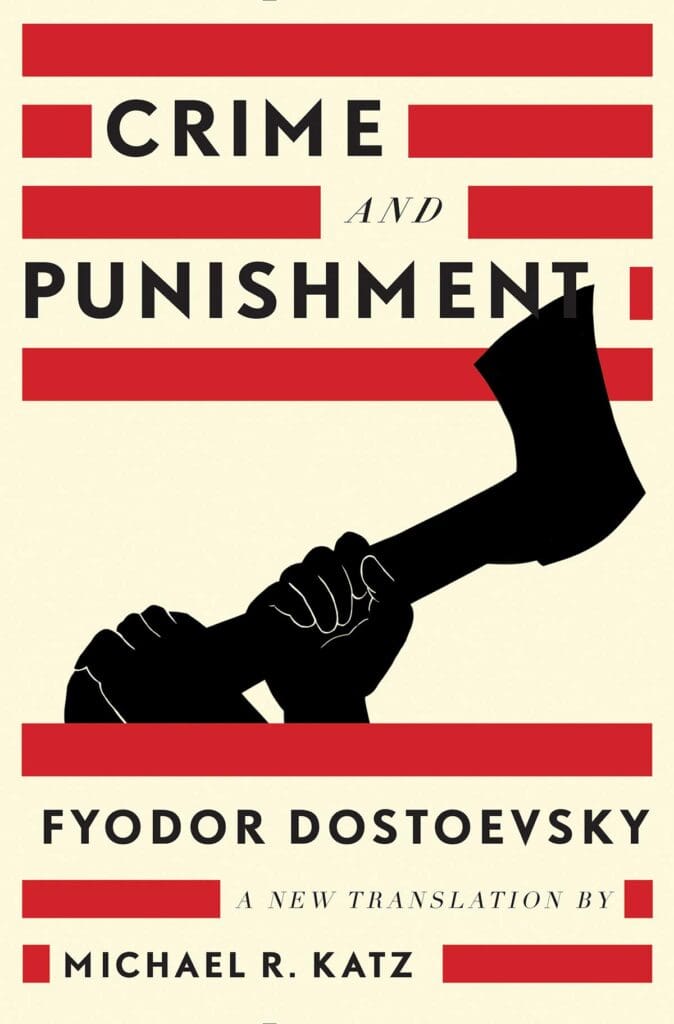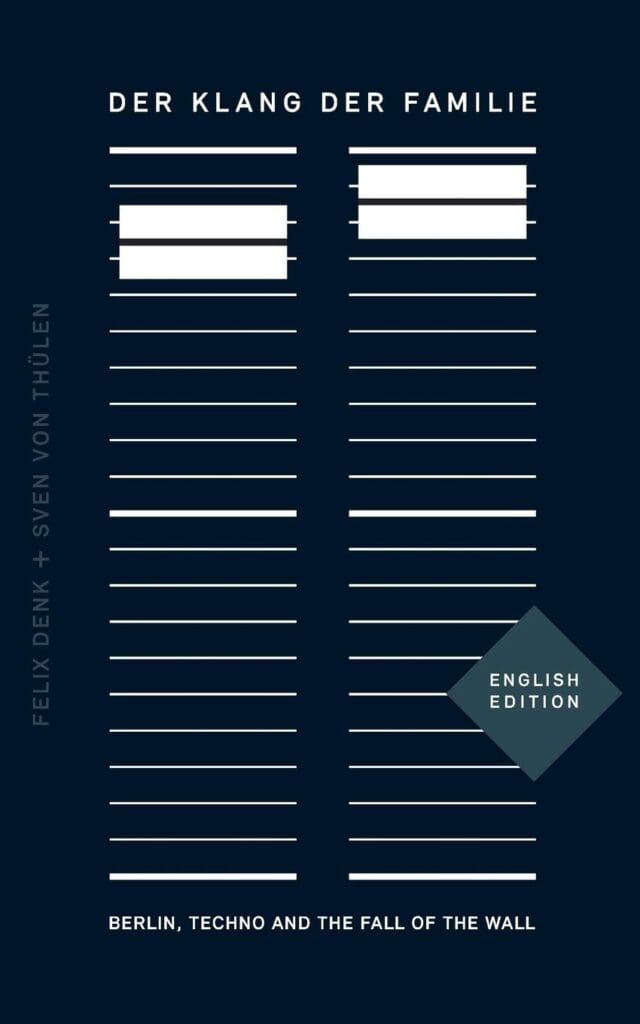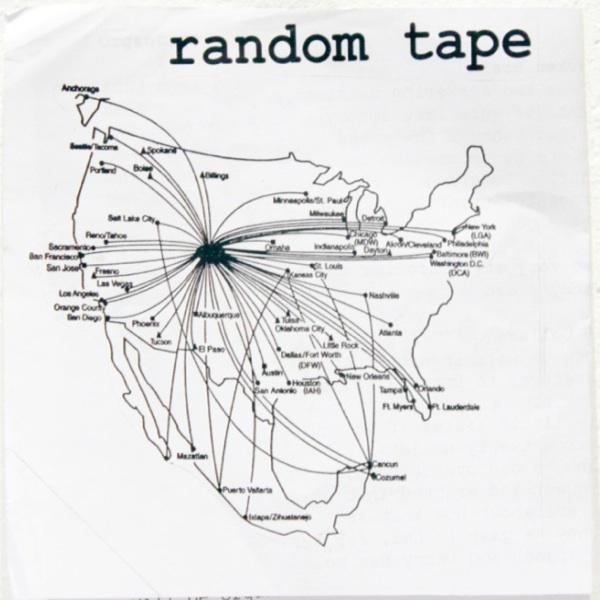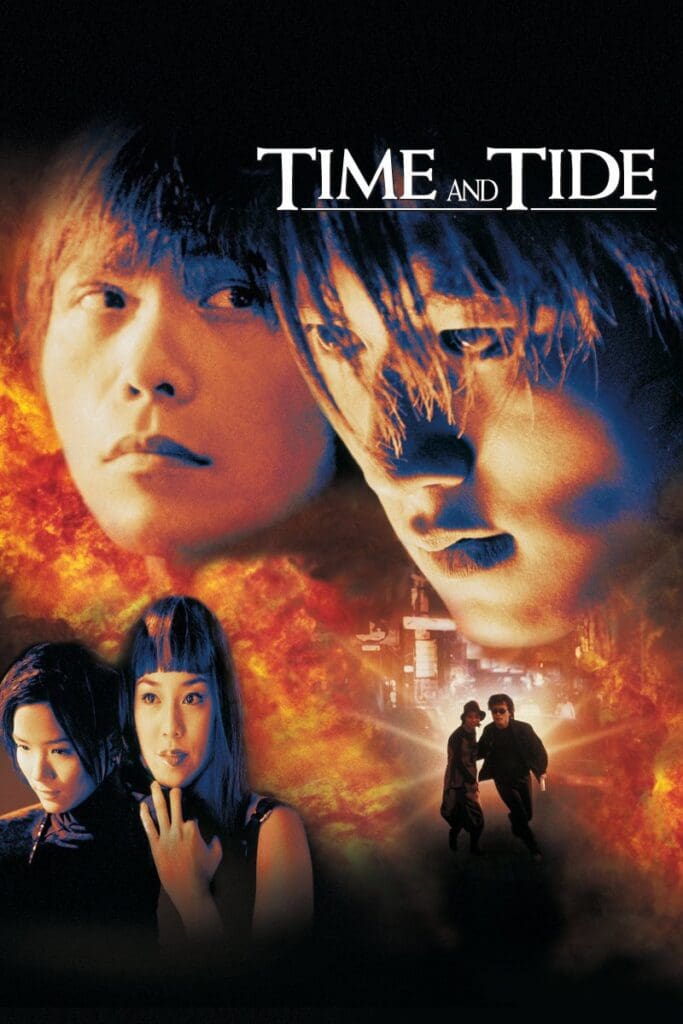
Shelby Hinte, Intern: Fyodor Dostoyevsky’s Crime and Punishment probably doesn’t need me to write a Staff Recommendation in order for it to have continued relevance on the must-read-books-of-all-times list that circulate the internet, but I am going to do it anyway. I originally read Crime and Punishment 15 years ago in my A.P. English class. I am pretty sure this is where most people read the novel. I remember feeling proud of myself for reading, and maybe even somewhat understanding, such a significant novel, but to my memory, I didn’t exactly enjoy it. For years I have relegated it to a certain category of “Literature” that is defined most characteristically by its difficulty and esteem—the type of literature that is intended to make you think and possibly even evade full-comprehension altogether. Read: unenjoyable. Homework. Mandatory reading.
I went into my reread of Crime and Punishment with pencil in hand, sticky notes at the ready, and fully prepared for a deep, intense read that required my full attention and likely a dictionary in arm’s reach. I was not prepared to be totally engrossed in the story of Raskolnikov, nor did I expect that my second time reading it (now as an adult), would be so pleasurable. It is still true that Crime and Punishment provides plenty of rigor, but something I overlooked in my first read of it 15 years ago was how masterful Dostoevsky is at creating tension. While Crime and Punishment is a literary novel, it is also a thriller at heart, and Dostoevsky builds suspense and anxiety through his strong sense of pacing and close psychic distance to the narrator. In the pages leading up to the murders, time is slowed down to an extreme degree and we are situated directly in Raskolnikov’s thoughts. Each thought he has, however fleeting and spastic, we have with him. Dostoevsky embeds the reader in Raskolnikov’s mind and there isn’t a thought, fear, anxiety, contradiction, or desire that is kept from the reader. The result is a physical overwhelm that makes it nearly impossible to feel what the narrator is feeling as he embarks on committing a crime he both wants and doesn’t want to commit. As I read and bore witness to the chaos of his mind, I actually felt my heartrate rising.
On reading the novel for the second time it is easy to see why it has sustained popularity for generations. For me, one of the craft elements of the novel that I found most powerful was the way Dostoyevsky illuminates the paradox of lived experience. It is at once a private and public event. He captures this through the speeding thoughts of Raskolnikov’s mind that are deeply influenced by his public encounters. He is in a constant state of self-assessment and at one point after he commits the murders, he is in the police station defending himself over a separate incident of an unpaid IOU while in full fear of being caught for the murders he is not yet a suspect in. He pumps himself up, acts indignant and arrogant, then, moments after, he falls into a physical exhaustion (literally unable to stand) and internally spirals through self-doubt, fear, and embarrassment over his performance. His internal and external realities remain disjointed. While the novel, like any good thriller, is ostensibly a story of whether a murderer will or will not be caught, the true point of tension lies in the examination of how one reconciles the human condition of existing both in private and in public—as well as the precarious position of knowing what you ought to do and doing the opposite. It is a story about the disconnect between the theory of ethics and the practice of self-will. Crime and Punishment feels timely today for many reasons, but what makes it essential reading is how viscerally it captures the neurosis of perpetually existing in states that directly oppose one another.

Peter Schlachte, Intern: I think about the techno scene in early 1990s Berlin the way some people think about The Beatles in the 1960s—it’s my musical obsession. It makes sense, then, that no one has ever sold me faster on a book than my friend describing Der Klang Der Familie: “Think Meet Me in the Bathroom, but instead of rock music in post-9/11 New York, it’s techno music in post-reunification Berlin.”
Der Klang Der Familie: Berlin, Techno, and The Fall of the Wall, published in English in 2014, is an oral history tracing the arc of techno music in Berlin from its origins in the 1980s, through its Ecstasy-fueled explosion in the early 1990s, to its inevitable corporatization and comedown in the late 1990s and beyond. The two authors, Felix Denk and Sven von Thülen, are skilled guides, crafting a narrative from over 150 interviews with the DJs, producers, artists, club-owners, and scenesters who defined Berlin’s techno movement. They capture the excitement of the movement’s beginnings, the strange thrill of partying to earsplitting music in a World War II bunker and in the other abandoned sites in East Berlin that were transformed into DIY clubs, almost all of them derelict and dank, underground in all senses of the word.
Equally, however, Denk and von Thülen draw out the tension in Berlin’s techno scene. There are minor grievances, recalled from decades back, and major feuds that have never been patched over. It’s fascinating to read as the interviewees—many now moved on to different stages of life—relive the wild highs and lows of what morphed from their small scene into a global, era-defining club culture.

Chiara Bercu, Intern: Radio journalist and producer David Weinberg’s podcast Random Tape presents a treasure trove of found audio and recordings from his own archives. With 117 episodes to date since its start in 2012, Random Tape hosts a wide variety of non-narrative audio ephemera, most no more than a few minutes long. Some of the sound bites he discovered in thrift stores or garage sales or basements, and some he recorded himself. Among them we hear: hundreds of slot machines on the floor of Lumiere Casino (“Sound of the Future”); a recording of the headwaters of the Mississippi river in Lake Itasca, Minnesota (“Veritas Caput”); an unreleased story on promposals (“Prom RUFF MIX”); and a voice memo of his friend Chewie’s sleep apnea (“Good Night”).
Random Tape gives Weinberg a way to make use of material he never found a place for in other projects. In an interview with Transom, he describes his interest in the podcast’s comparatively elliptical storytelling, which stands in contrast to the work he’s done with longer-form narrativization on shows such as All Things Considered or Welcome to LA. “I love a good story more than almost anything in the world,” Weinberg said, “but sometimes a single moment does it for me.” Each standalone anecdote is released with a bare description of context or backstory (“This is raw tape of a phone call from somewhere in the depths of 2007”). “A lot of those moments never find a home on the radio,” Weinberg said, whether because “it’s too risqué or not topical enough, maybe it doesn’t have a narrative arc.”
One of my favorite episodes is “Candy’s Hair Affair,” a seven-minute cut of a tape Weinberg found in a thrift store in Louisiana, which captures what “appears to be role-playing exercises at a beauty school.” As an audio bite collector myself, I am more or less obsessed with Weinberg’s sound curios and his catchall public archiving of undiscovered material in Random Tape. If you have any gems to share—or any tape that’s been “causing your walls to bleed,” in Weinberg’s words—he’s happy to take submissions.

Zack Ravas, Editorial Assistant: Like many of us, I had hoped that 2021 would be a triumphant return to the normal. That the denizens of the Bay Area, happily vaccinated and ready to reclaim their nightlife, would snake around the block as we returned to concert venues, to watering holes, to movie theaters. It hasn’t turned out that way, not at all, but in recent months those of us film buffs who feel comfortable doing so (and it’s perfectly fine if you don’t) have made their way back to some of the city’s movie houses. Which is why I’m grateful for a programming series at the Roxie Theater called Transmissions; it’s hosted by Jake Isgar, the former programmer at the San Francisco Alamo Drafthouse, and co-presented by the venerable institution Amoeba Music. The series has included films as disparate as Michael Mann’s neon-drenched noir Thief and the Charles Bukowski-penned Barfly; Transmissions doesn’t have a particular theme but Isgar states that he’s trying to select films that, in part, express the ways in which forces like globalization and technology have placed a vice-like squeeze on our contemporary existence and made just about everything, well, awful.
This week I was in attendance as Tranmission screened the 2000 Hong Kong action film Time and Tide. Don’t feel bad if you’ve never heard of it: the film screened in about three cities in the U.S. back in early summer 2001, and then a few lonely DVD copies found their way to Blockbuster Video shelves around Middle America, hence how I first saw the film at a young and impressionable age. And make an impression on me, Time and Tide did: this is the kind of movie that has enough visual ideas, action setpieces, and stylistic quirks to populate a dozen lesser films. And yet it’s almost a misnomer to call it an action film: I don’t think a single punch is thrown for the first thirty minutes as we’re introduced to a down-on-his-luck bartender (a very charismatic Nicholas Tse), who finds out a one night stand from work has become pregnant. The young man is faced with a crucial decision: save up what little money he can while taking on a new gig as an amateur bodyguard and then flee for a warmer climate in South America—or own up to his actions and attempt to support the mother-to-be.
This being a Hong Kong film, one directed by Tsui Hark, it should perhaps come as no surprise that Nicholas’ side hustle as a bodyguard inadvertently leads to him crossing paths with a former assassin (played enigmatically by Wu Bai, one of the biggest rock musicians in East and Southeast Asia), an assassin whose wife also happens to be expecting. Owing to Wu Bai’s past associations, the duo come under siege by a highly coordinated team of South American hitmen and must join forces to survive amidst a cacophony of bullets, explosions, and daring escapes. It all ends at a sold-out arena pop concert and somehow that’s not even the most ludicrous thing about Time and Tide.
Tsui Hark’s handheld photography—still some of the most breathless, kinetic, and flat-out exhausting camera work I’ve ever seen in a movie—ensures that Time and Tide excels as a piece of action entertainment; at times, Hark also makes use of then-new digital effects, as when he highlights an alleyway full of grenades firing off in ultra-slow motion. But, after Jake Isgar’s introduction, I was thinking about globalization during the movie’s runtime, and how 2000 was that brief blip of a year in which many of us entered the new millennium with a sense of optimism. Certainly writers like Noami Klein (No Logo) had pinpointed what was on the horizon, but it wasn’t entirely apparent yet just how these new influences in society—free trade, the internet, cellular technology—would impact us all.
What Time and Tide illustrates—and thanks to Tsui Hark, it does feel like a moving comic book at times—is the notion that as the world shrinks, so does our chance of escape. Early on, Nicholas Tse holds a postcard of the South American country he hopes to eventually arrive in. By all accounts, it looks like paradise: sunny beaches, nary a cloud in the sky. In a wonderful touch, Hark has the lettering on the postcard transition us into the next scene—where we find out the locale is currently battered by a hurricane, and is home to the same team of villains who are about to turn our characters’ lives into a pressure cooker.
The film is an example of something critics used to call “the MTV aesthetic,” and by that they were indicating the fast-paced editing, nascent digital effects, extreme camera angles, and other elements that make it feel exuberant and stylish. It’s a look that doesn’t necessarily seem dated now, if only because most action movies have yet to match the filmmaking prowess on display here, but it’s certainly a look that evokes the early millennium. It was a strange time, one not without hope; and a hopeful note is precisely what Tsui Hark chooses to end the movie on. Even knowing how things would turn out for the global community, it still feels like the right choice for the film. I know in 2000 I took the act of going to the movie theater for granted—it feels good to be back. And I look forward to future Transmissions.
